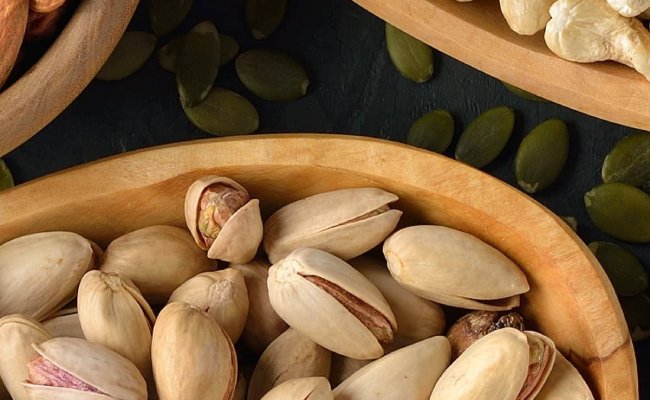Heart disease remains a leading cause of death worldwide, but your diet can play a powerful role in reducing your risk. Including heart-healthy foods in your daily routine can help lower cholesterol, control blood pressure, reduce inflammation, and support healthy blood vessels.
Here are key foods that help slash heart disease risk:
Fatty Fish

Fatty fish is typically regarded as beneficial for heart health because of their significant levels of omega-3 fatty acids. These beneficial fats may aid in decreasing triglyceride levels, minimizing inflammation, and possibly reducing the risk of heart disease.
ALSO READ: Alarming! Experts reveal the Silent Dangers of Coronary Artery Disease
Nuts and Seeds
Almonds, walnuts, chia seeds, and flaxseeds provide healthy fats, fiber, and plant-based omega-3s. These nutrients help lower LDL (bad cholesterol) while maintaining HDL (good cholesterol) levels.
Fruits and Vegetables

Berries, apples, citrus fruits, leafy greens, and cruciferous vegetables like broccoli are loaded with antioxidants, potassium, fiber, and vitamins that support blood pressure control and reduce inflammation.
ALSO READ: Heart Attack and Immediate Response: The Lifesaving Power of CPR and AED
Avocados

Avocados provide monounsaturated fats and potassium, both of which help control blood pressure and improve cholesterol profiles.
ALSO READ: Analysis! Are We Doing Enough to Combat the Rise in Cancer Cases?
Olive Oil

Extra-virgin olive oil is rich in monounsaturated fats and antioxidants, supporting lower inflammation and healthier cholesterol levels, especially when used in place of saturated fats.
Practical Tips:
- Fill half your plate with fruits and vegetables.
- Replace refined grains with whole grains.
- Swap butter with olive oil.
- Snack on nuts instead of processed snacks.
- Include fatty fish a few times a week.
By incorporating these heart-healthy foods, you can actively reduce your risk of heart disease while supporting your overall health. Pair these dietary changes with regular exercise, stress management, and adequate sleep for the best results.















